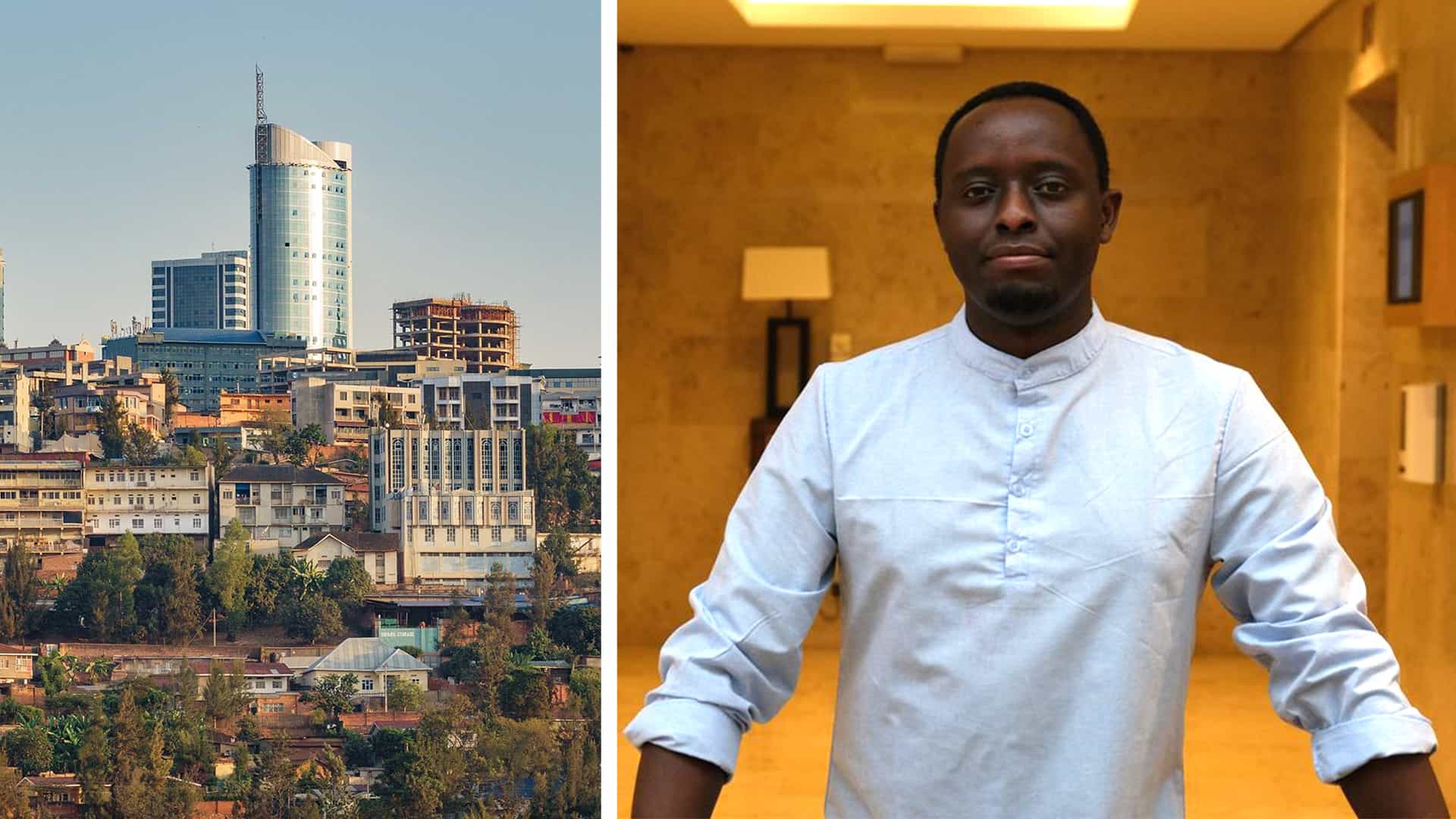
🇷🇼 Africa's Singapore sizzling with innovation
The small and mountainous country of Rwanda is sizzling with innovation and digitalization. Legal reforms aimed to encourage new innovative business models and a curious population have created a breeding ground for an interesting startup scene.
Share this story!
Rwanda is in many ways an exciting country. It's sandwiched between Uganda, the Democratic Republic of the Congo (DRC), Burundi, and Tanzania. It is small, comparable to Maryland, and it's both fertile and beautiful. It's popularly referred to as "the land of a thousand hills". It's poor but simultaneously high-tech. If you exceed the speed limit even the slightest, you'll be fined immediately, digitally, due to the many cameras set up all over.
Rwanda is sometimes called the Singapore of Africa and perhaps it is the capital Kigali that has contributed to that nickname because it's fair, clean, and tidy. And it is said that you can go out on your own in the middle of the night without fear.
The media's depiction of Rwanda is often polarized. Side by side, there is both a lack of openness and democratic order, and at the same time a budding tech scene. Public investments in technological development and innovation are both strategic and immense.
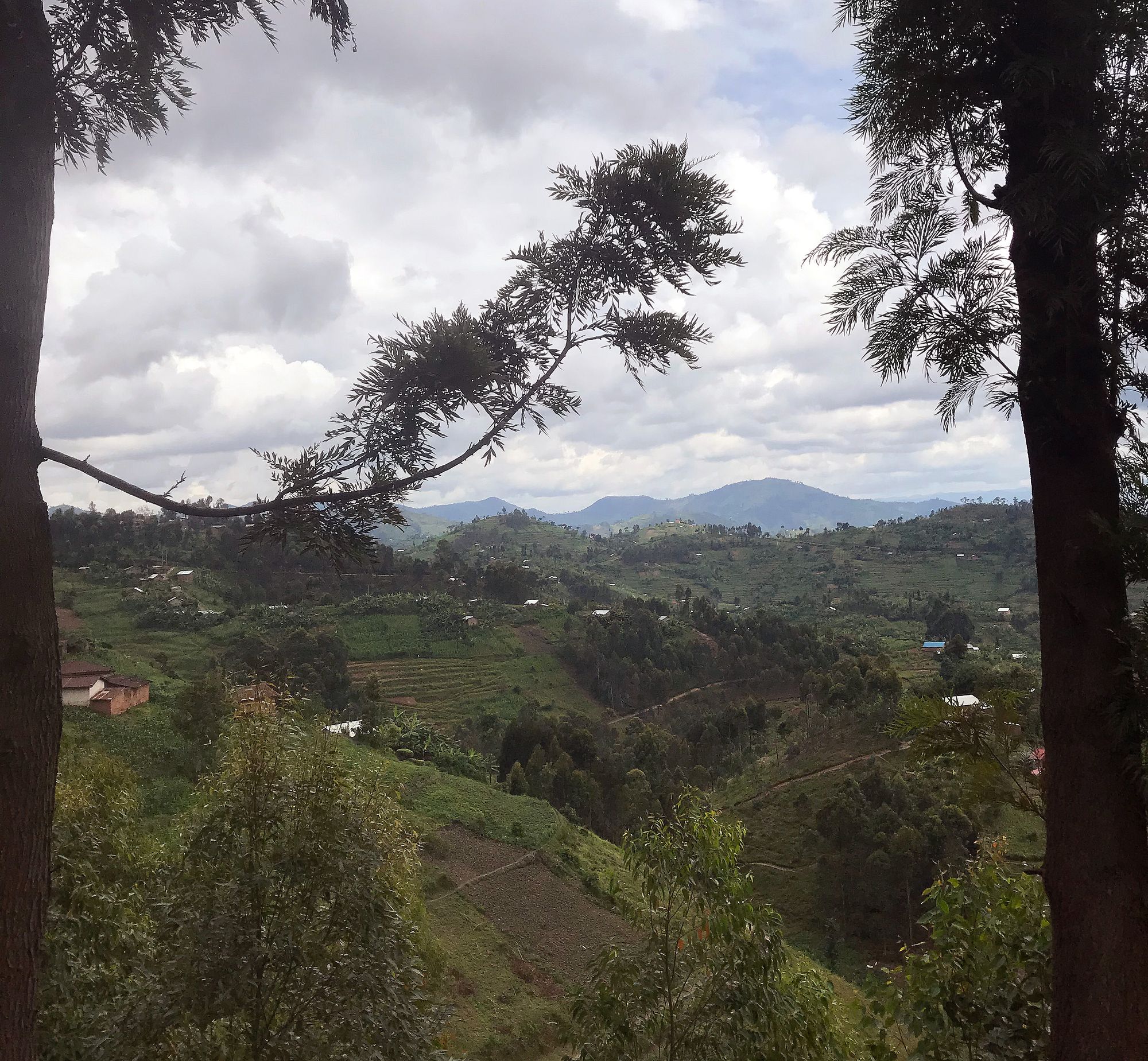
The memory of the genocide in Rwanda in the late spring and summer of 1994, when more than a million people were murdered in just over three months, is very much alive. It permeates everyday life in the country in many ways, and for Rwandans, it is crucial never to forget. But it is also important to unite and renew.
Consensus is important In Rwanda, in the sense that everyone strives towards the same goals. The government calls the shots, and the people support them. Rwandans are proud and carry a lot of integrity. They want to do things their way. Preferably without help or aid from richer countries. They want to get on their feet and have a dialogue with the world around them on equal terms. And even though the country is still very poor, and most Rwandans live outside the labor market and prosperity, they have nevertheless succeeded in creating some semblance of stability and an ability to hold the nation together.
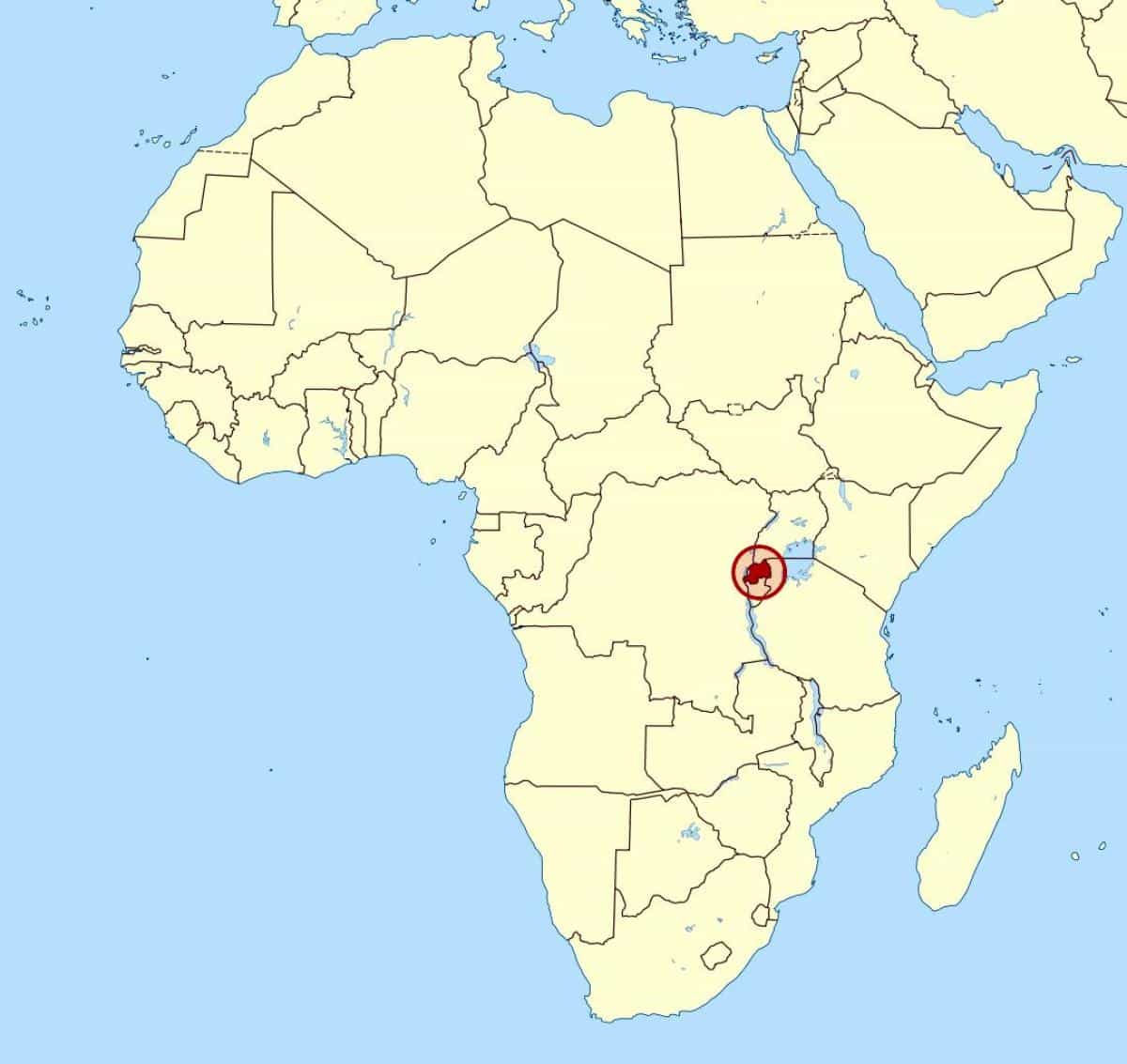
Smart nation
Rwanda has a vision of being a so-called smart nation by 2030. The decision-makers want to quickly adapt the regulatory framework to support the needs to, for example, increase exports, attract talent, and make capital available.
So far, digitization in Rwandan society has been very strategic and determined. Step by step, the publicly-owned telecom sector has been deregulated, fiber infrastructure has been built across all parts of the country, a large number of public services have been digitized, and the country is on track to meet the target of having 4G coverage across 98 percent of the country.
Policies are created to support a public sector that is at the forefront and taking the lead in data sharing to facilitate AI development as well as an acceleration towards a cashless society. There are numerous examples of ambitions and initiatives.
According to Esther Kunda, who's responsible for digitization at the Ministry of IT and Innovation, a high level of trust in society's institutions is absolutely crucial for society's adjustment and digitization. In Rwanda, according to her, there is a tremendous desire for change. There is discipline and efficiency and a high level of awareness that corruption must be eliminated. Strict laws are in place regarding bribes in the public sector.
Young people in Rwanda today are often well-educated, and they are gravitating towards jobs in research and innovation. They also have fewer children than previous generations. Within some years, the goal is to be a middle-income country.
The goal is that by 2024, 60 percent of the adult population will be digitally literate. This means, among other things, to be online and use Irembo, a digital service where 200-300 public services, such as driving license applications, are available.

How is this to be achieved? After all, most Rwandans are very poor and - according to several people I’ve spoken with - suspicious but simultaneously eager to learn new things.
The government has launched several initiatives, aiming to increase the degree of digitization across the country. An example is that young people are sent out to the countryside to train older people who are completely excluded from the IT society. In return, the young people receive a sum of money from the state to start their own business. They are also offered access to an internet connection and other facilities including office space and a printer. In addition, the young person often takes on the role of an agent for a bank or mobile operator and offers access to a bank account or a mobile payment solution. At best, this system leads to, not only digital literacy but also financial inclusion, as many Rwandans today are entirely outside the traditional banking system.
Thriving fintech market
Pascal Murasira has for some time been responsible for the Swedish venture capital company Norrsken's East Africa hub, which is established in Rwanda. He sees an exciting market for start-up companies as the Rwandan state implements many tech-friendly reforms in order to create greater security for those who are willing to invest.
"This country is vibrating right now. The progression is certainly in its infancy in many ways, but once the frameworks are in place, progress will be swift" says Pascal.
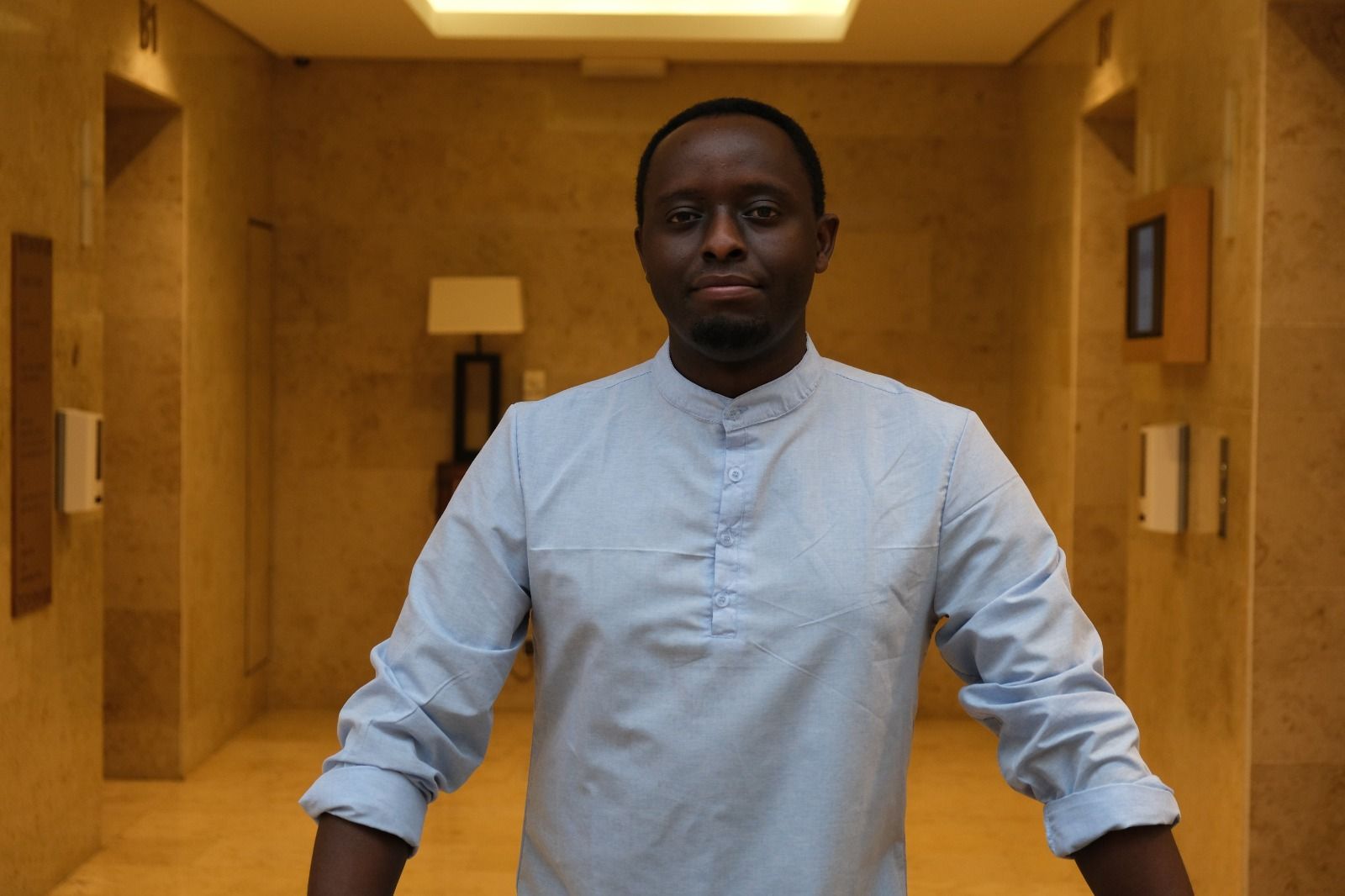
And the rule changes and policies that are being implemented right now are very much intended to make life easier for start-up companies. For example, export businesses pay less tax in Rwanda. Various reliefs are being introduced to attract a talented workforce, and companies' cash flow is bolstered by allowing taxes and fees to be postponed to the future. The Rwandan government is considered highly agile in this area. In addition, Rwanda has turned the start-up company into a legally recognized entity. Something that according to Pascal is highly advantageous.
Start-up companies are inherently small, can quickly scale up, often take high risks, but can in return provide a very high payback. These characteristics stand in stark contrast to an ordinary small business, which is often more capital-intensive and finds it easier to secure loans from ordinary banks. Start-ups most commonly get turned down.
According to Pascal Murasira, investors are treated like kings in Rwanda. Foreign as well as domestic. So is the Swedish Norrsken, which aims to create a model and an infrastructure that breeds and nurtures start-ups. They offer everything from a physical workplace and a robust internet, to relevant networks of people, as well as access to capital.
Pascal states that the key aspect for Norrsken is to create jobs and knowledge transfers. These are also metrics that can easily be quantified when measuring what impact a business has had on the community. The main challenge is to find the right people who have the required skills and abilities—finding the talent. But, that’s probably the case everywhere.
The type of start-ups that exist today in Rwanda are mainly active in the fintech sector. That is financial applications that in turn pave the way for other developments in the IT area, such as e-commerce.
The investments that start-ups work with primarily concern:
- Integration, and then mainly by connecting banks with mobile money.
- Savings, creating different ways to collect and fund money digitally, much is based on old traditions around crowdfunding that still lives on in rural Rwanda.
- Transactions, to other countries, and much because players such as Western Union are far too expensive.
Once these basic solutions are in place, you can move on to more advanced applications.
Campus for start-ups
Norrsken has invested approximately $ 20 million in a campus for start-ups in the capital of Kigali. The campus consists of a building specifically intended for work, networking, and development. It’ll be ready for use in September 2021 and it will accommodate up to 880 people full time.

The reasons for a venture capitalist and investor to establish in Africa, right now, are many. A lot is happening in the tech field and East Africa in particular. Kenya is, of course, an important country when it comes to digitization and innovation, but according to some, it's starting to get crowded there.
The reason that Norrsken puts its facility in Kigali is that Rwanda is a natural entry into English-speaking East Africa and Francophone Central Africa.
"Rwanda has a very welcoming government, and the entire ecosystem surrounding the growing tech industry is "young and sharing". The system is still in its infancy, which also makes it possible to be involved and influence. But, it is important to both be able, and dare, to be on-site," says Pascal Murasira.
Rwanda can in many ways, be regarded as uncharted waters, and on top of it, it is a very small market. However, the ambition of the Rwandan state, with its massive investments in technology and innovation, is to attract start-ups that want to try innovative products and business models, before entering large markets around Africa. A successful example is that drones have been allowed to deliver blood to hospitals around the country for a number of years now. The method works well as many places in the country are difficult to access due to the mountainous topography.
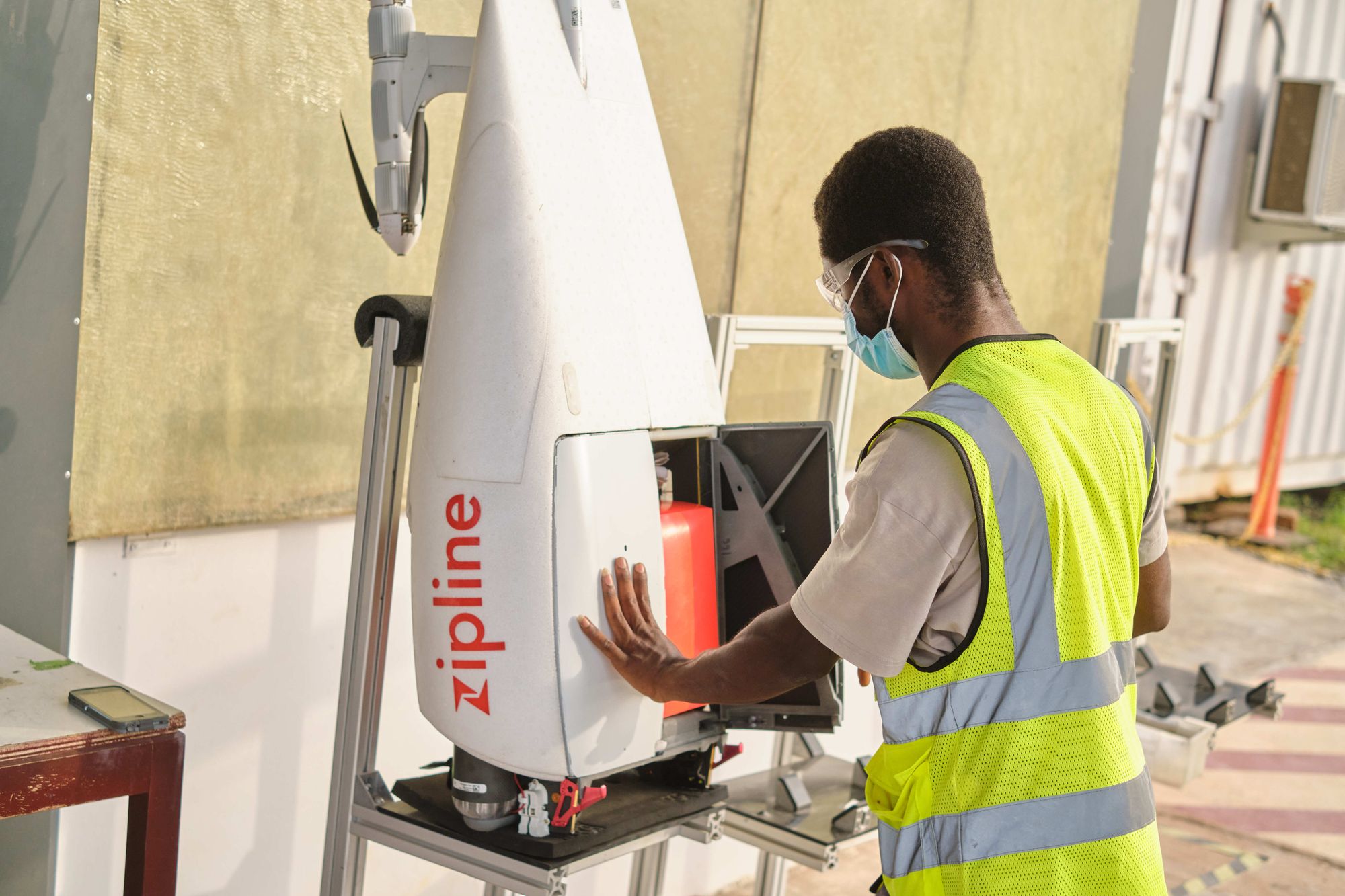
As much as 80 percent of all blood transports outside the capital Kigali have been delivered by drones from American Zipline. This has paved the way for distributing vaccines the same way, during the pandemic. The ambition of the Rwandan state is to be a testbed for more commercial use of drones in the future, and partnerships have been established with several American companies. A development that is expected to provide highly advanced jobs and innovation within the country's borders.
If the country continues in the same spirit, it will attract both capital and talent. Rwanda's ambition to act as a testbed should be a promising strategy for creating an ecosystem of companies. In an article in the newspaper Innovator, Crystal Rugged, head of an innovation center, says that Rwanda not only acts as a testbed for innovations but also for innovative corporate legislation.
By becoming a premium supporter, you help in the creation and sharing of fact-based optimistic news all over the world.


